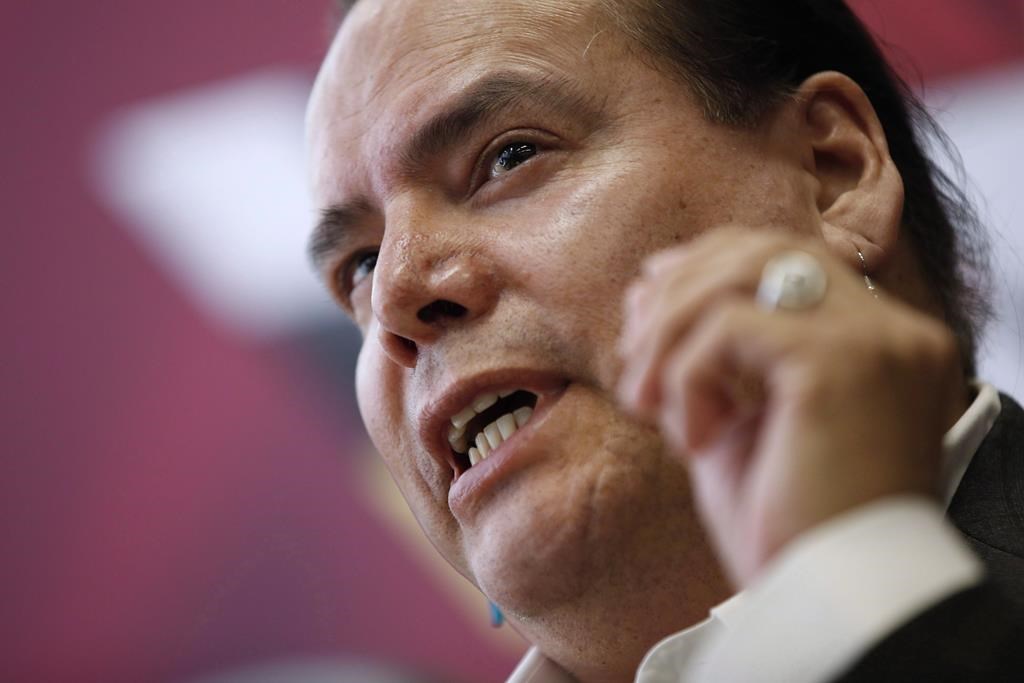The Manitoba government is spending $2.5 million toward investigating unmarked burial sites at former residential schools across the province, Premier Brian Pallister announced Monday.

“The horrifying discovery of the burial site of 215 Indigenous children at the former Indian Residential School in Kamloops and the 104 unmarked graves associated with the former Brandon Residential School are stark reminders of the tragedy and lasting impacts of Canada’s residential school system, and why we must do more to mark this passage in our country’s history,” said Pallister.
“This tragedy is deeply felt in Manitoba and our government is committed to working collaboratively and respectfully with Indigenous leadership, Elders, Knowledge Keepers and community members as we seek reconciliation, healing and meaningful ways to honour the lives lost and support the survivors and their families in our province.”
The province said other provincial departments may get involved, as needed, to support Indigenous communities throughout the process, which will include identifying, investigating, commemorating and protecting the sites.
Assembly of Manitoba Chiefs (AMC) Grand Chief Arlen Dumas said his organization is happy the province is dedicating resources but is insistent on the government’s Indigenous partners taking the lead.

Get breaking National news
“This endeavour should be First Nation led,” said Dumas.
“Our citizens are knowledgeable and can provide the right guidance to complete this work with partner organizations in a respectful and culturally appropriate way.
“While this amount is an initial start to begin the work, it will certainly take far more of a commitment and collaborative long-term relationship with our governmental partners at all levels to step up and engage in this work.”
Garrison Settee, grand chief of Manitoba Keewatinowi Okimanaka (MKO), agreed, saying Indigenous people, including residential school survivors and their families, have been significantly affected by the recent discoveries, and that healing should be the focus of this initiative.
“It is essential this process is led by Indigenous people and communities as we work to heal from the ongoing legacy of residential schools,” said Settee.
“MKO is very much a willing partner and looks forward to working in a collaborative way with the province on this issue.”
Manitoba was home to 17 residential schools as part of the nationwide program that ran between 1831 and 1996, and there were also 114 day schools in the province.
The Truth and Reconciliation Commission has estimated that at least 338 children died in Manitoba residential schools.











Comments